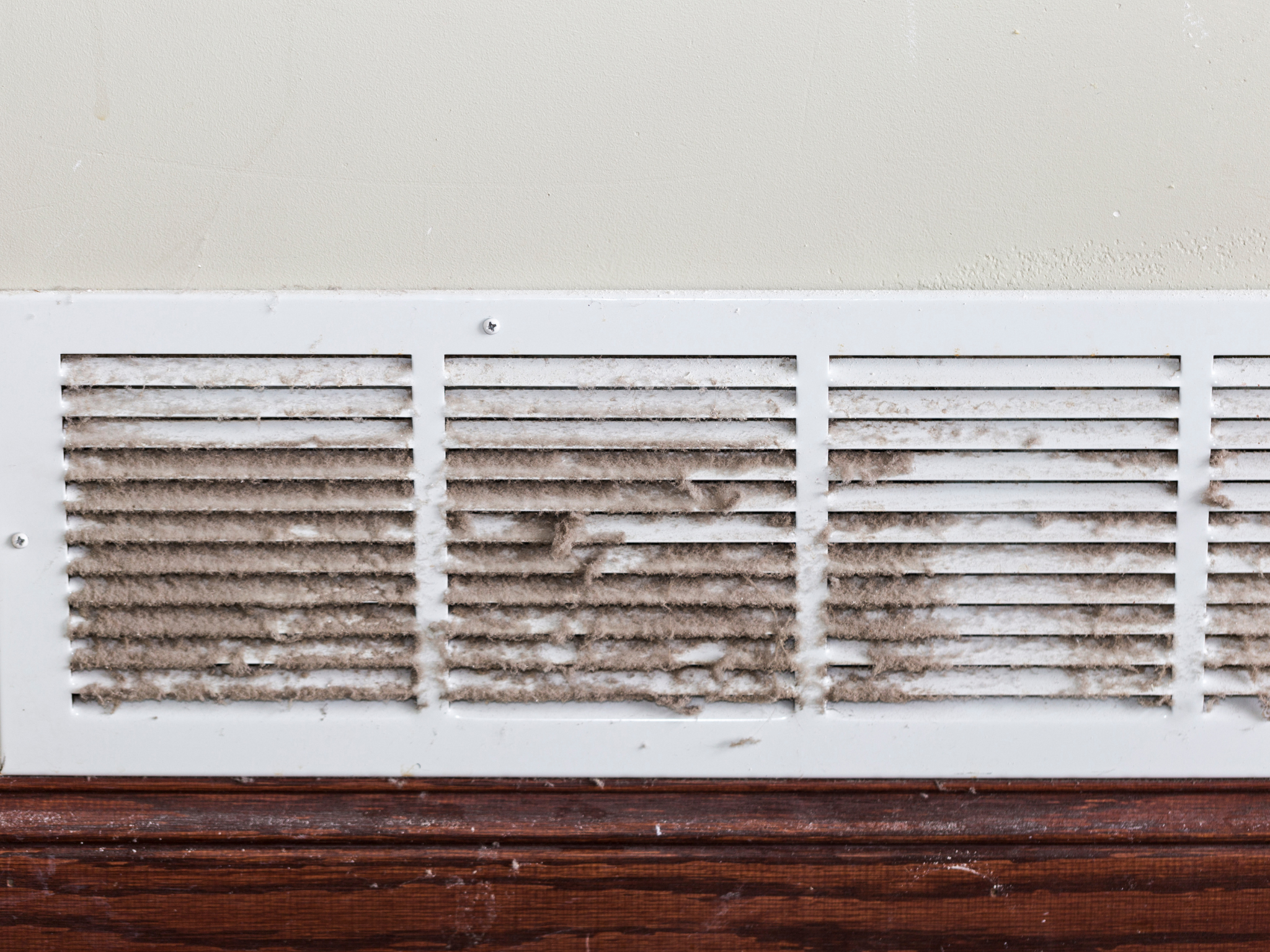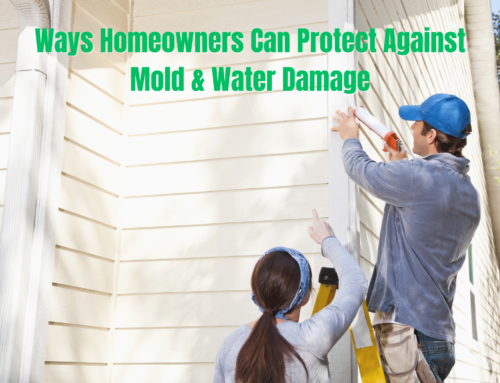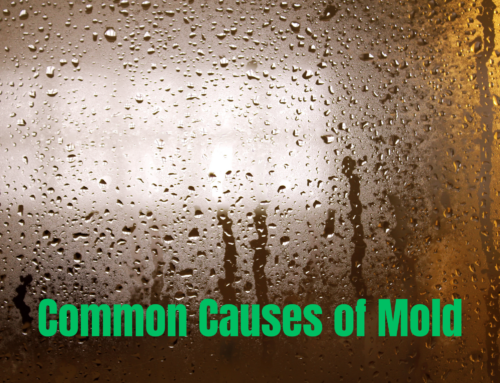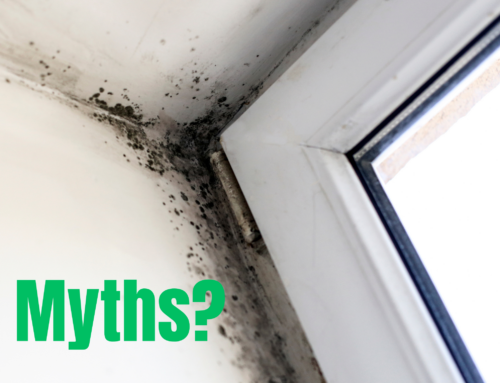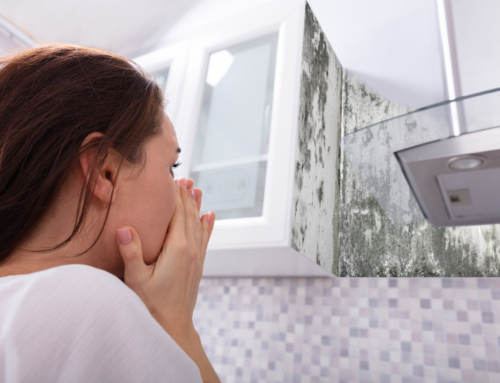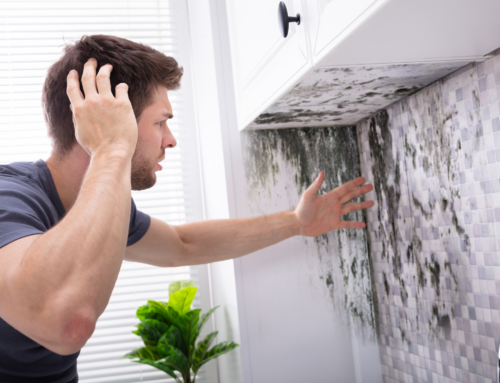Maintaining good indoor air quality is essential for your health and well-being. Poor air quality can lead to a range of health problems, including respiratory issues, allergies, and asthma. There are several factors that affect indoor air quality, but two of the most important are humidity control and ventilation. In this blog, we’ll explore some tips for maintaining good indoor air quality by controlling humidity and improving ventilation.
Humidity Control
High humidity levels can lead to the growth of mold and other allergens, as well as contribute to respiratory issues and discomfort. On the other hand, low humidity levels can cause dry skin, respiratory irritation, and damage to wood furniture and floors. Here are some tips for controlling humidity levels in your home:
- Use a dehumidifier: A dehumidifier can help to reduce excess moisture in the air, which can reduce the growth of mold and other allergens. Be sure to empty the water tank regularly and clean the unit as directed.
- Ventilate bathrooms and kitchens: Use exhaust fans or open windows to ventilate areas where moisture is generated, such as bathrooms and kitchens. This can help to prevent excess moisture from building up in these areas.
- Fix leaks: Water leaks can cause excess moisture to build up in your home. Be sure to fix any leaks as soon as possible to prevent the growth of mold and other allergens.
- Monitor humidity levels: Use a hygrometer to monitor humidity levels in your home. Ideal humidity levels are between 30 and 50 percent.
Ventilation
Proper ventilation is important for removing pollutants and allergens from your home and replacing them with fresh air. Here are some tips for improving ventilation in your home:
- Use exhaust fans: Use exhaust fans in bathrooms and kitchens to remove moisture and odors from the air.
- Open windows and doors: Open windows and doors to allow fresh air to circulate throughout your home. This is especially important during the warmer months when you may be using your air conditioner.
- Use an air purifier: An air purifier can help to remove pollutants and allergens from the air. Be sure to choose a unit that is appropriate for the size of your home and replace the filters as directed.
- Service your HVAC system: Have your HVAC system serviced regularly to ensure that it is functioning properly and circulating clean air throughout your home.
Additional Tips
In addition to the tips above, here are some additional tips for improving indoor air quality:
- Avoid using harsh chemicals and cleaners. When cleaning your home, use natural cleaners whenever possible. Harsh chemicals can release harmful pollutants into the air, which can irritate your lungs and respiratory system.
- Get rid of clutter. Clutter can trap dust and other allergens, which can worsen asthma and allergy symptoms. Regularly declutter your home and dispose of any items that you no longer need or use.
- Keep pets out of the bedroom. Pets can trigger asthma and allergy symptoms in some people. If you have pets, keep them out of the bedroom at night so that you can get a good night’s sleep.
- Don’t smoke indoors. Smoking is a major source of indoor air pollution. If you smoke, please do so outside so that you and your family can breathe clean air.
- Have your home tested for radon. Radon is a radioactive gas that can seep into homes through cracks in the foundation or basement. Radon is a leading cause of lung cancer, so it’s important to have your home tested if you live in an area where radon is common.
In conclusion, controlling humidity levels and improving ventilation are two key factors in maintaining good indoor air quality. By following these tips, you can reduce the risk of health problems and create a healthier living environment for you and your family.

